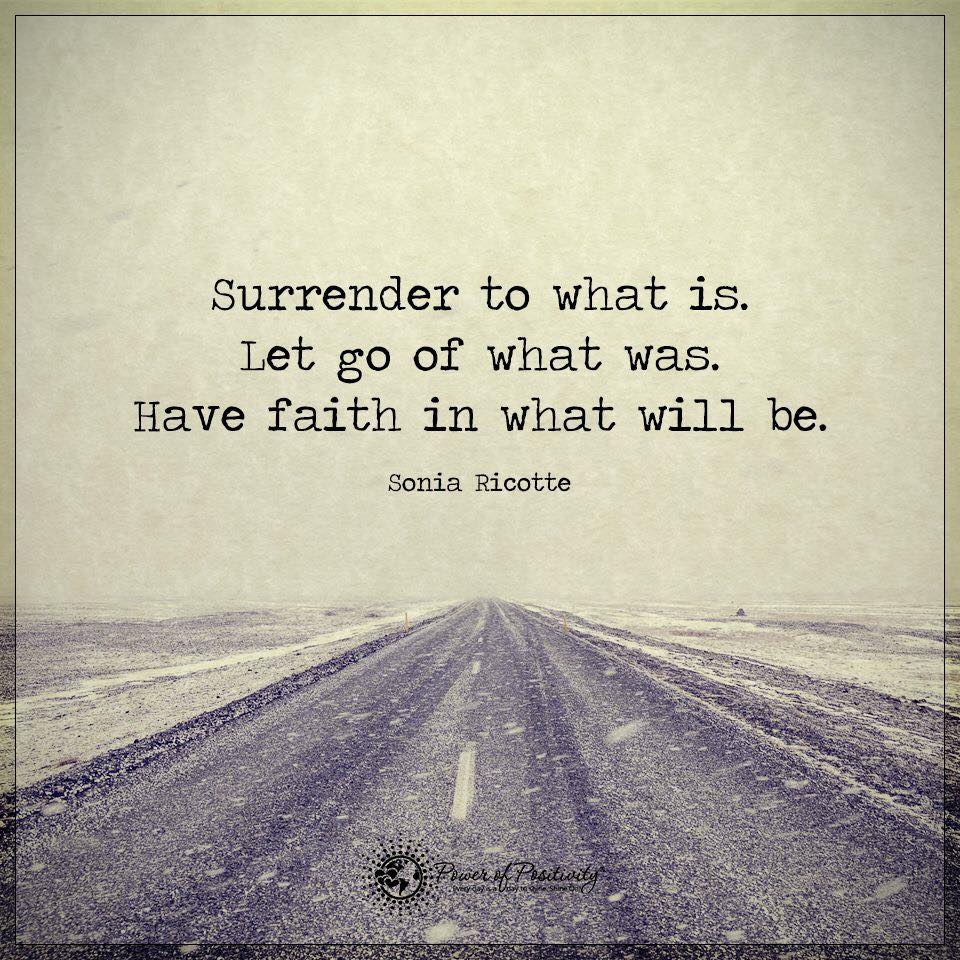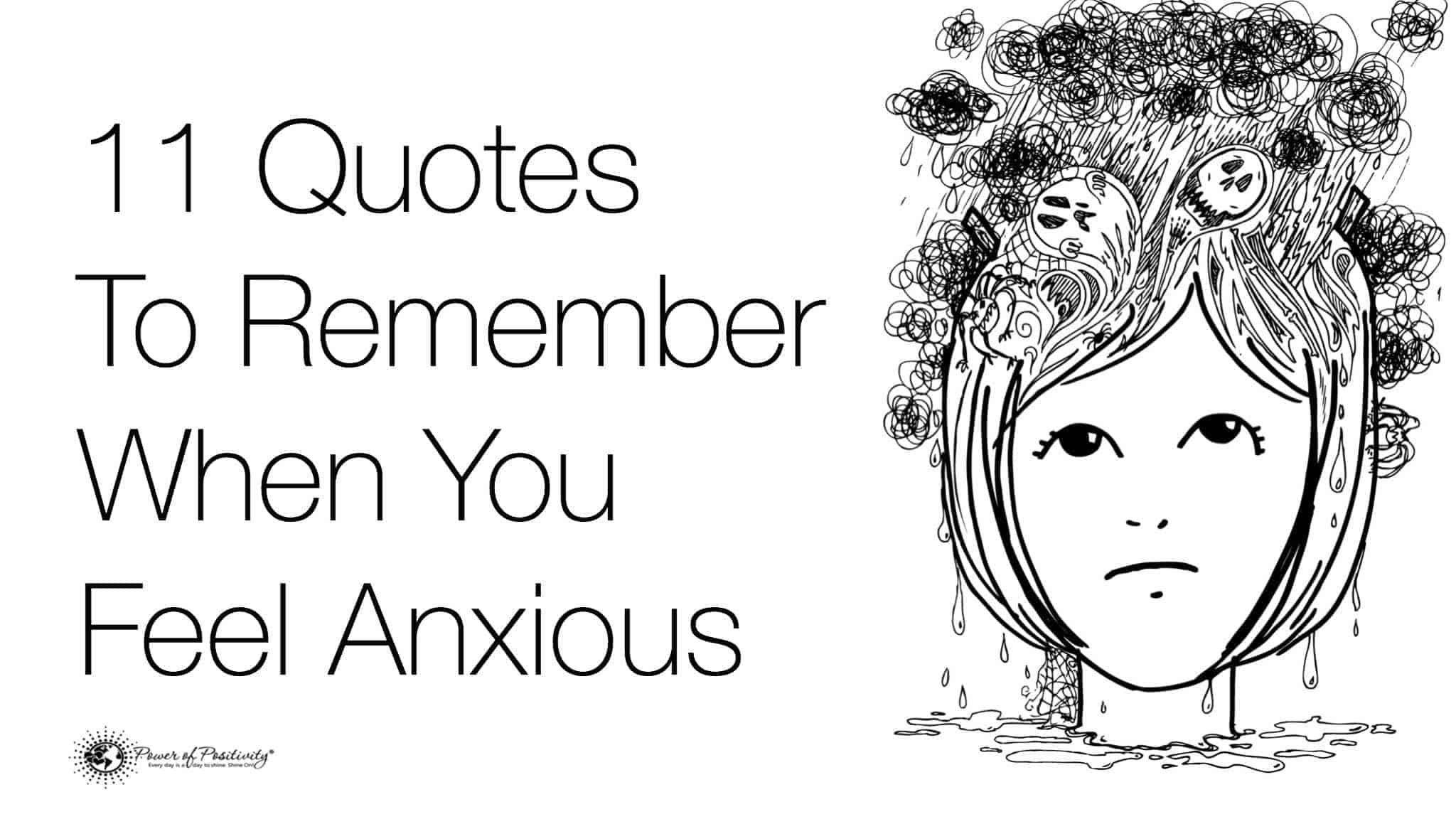Anxiety afflicts millions of people throughout the world, and is the most prevalent form of mental dis-ease in the U.S., affecting 40 million people, or 18% of the population. Feeling some anxiety surrounding certain events in your life, such as a move to a new city, is totally normal and shouldn’t be a cause for concern. However, when your anxious thoughts start to disrupt your everyday life, you need to acknowledge it and try to figure out where the feelings are coming from, and what they’re trying to tell you.
We hope the following quotes can put things into perspective and help you ease your anxious thoughts, if only in the moment.
Here are 11 quotes to remember when you feel anxious:
1. “Trust yourself. You’ve survived a lot, and you’ll survive whatever is coming.” – Robert Tew
2. Worrying is like sitting in a rocking chair. It gives you something to do, but it doesn’t get you anywhere. – English proverb

3. “Keep walking through the storm. Your rainbow is waiting on the other side.” – Heather Stillufsen

4. Inner peace begins the moment you choose not to allow another person or event to control your emotions.

5. “Surrender to what is. Let go of what was. Have faith in what will be.” – Sonia Ricotte

6. Maybe it’s not always about trying to fix something broken. Maybe it’s about starting over and creating something better.

7. Sometimes the reason good things are not happening to you is because you are the good thing that needs to happen to other people.

8. A negative mind will never give a positive life.

9. You will never be free until you free yourself from the prison of your own false thoughts.

10. Sometimes you need to step outside, get some fresh air, and remind yourself of who you are and where you want to be. – Gossip Girl

11. “Today’s a perfect day for a whole new start. Let go of fear and free your mind. It’s time to open your heart.” – Chris Butler

If you need more help with anxiety, try the following breathing technique:
Controlling your breathing through one nostril at a time is known as Nadi Shodhana in Sanskrit. Spot.pcc.edu says that it is also called “the “Sweet Breath,” “Sukha Pranayama” (Sukha translates as comfortable or happy), “Channel Purification Breath,” or “Alternate Nostril Breath.”
This breathing technique is also good for promoting clear thinking and balancing the brain hemispheres as well as relieving anxious feelings.
To do alternate nostril breathing, curl your index and middle finger of wither hand into your palm, with your thumb, ring, and pinky fingers sticking out. The ring finger and thumb are what you will use to close each nostril with. Use this hand as a pincher to gently press the outside of each nostril.
Spot.pcc.edu suggests the following pattern to achieve alternate nostril breathing:
“Curl index and middle finger of the right hand into the palm, forming a “pincer” with thumb and ring finger (little finger is “superfluous”). Take a deep inhale and exhale, then gently close the right nostril with the thumb, inhale slowly and deeply through the left nostril. In the moment of pause after the inhale and before the exhale, gently close the left nostril with the ring finger, release the thumb from the right nostril and exhale through the right nostril just as slow.
Observe the moment of pause after the exhale and before the next inhale, then inhale slowly and deeply through the right nostril. In the moment of pause after the inhale and before the exhale, gently close the right nostril again with the thumb, release the ring finger from the left nostril and exhale through the left nostril just as slow. Again, observe the moment of pause after the exhale and before the next inhale, then inhale slowly and deeply through the left nostril.
Continue breathing alternately through one nostril only, always closing the other nostril and releasing the one that was just closed in the moment of pause after an inhale and before the next exhale.”




















